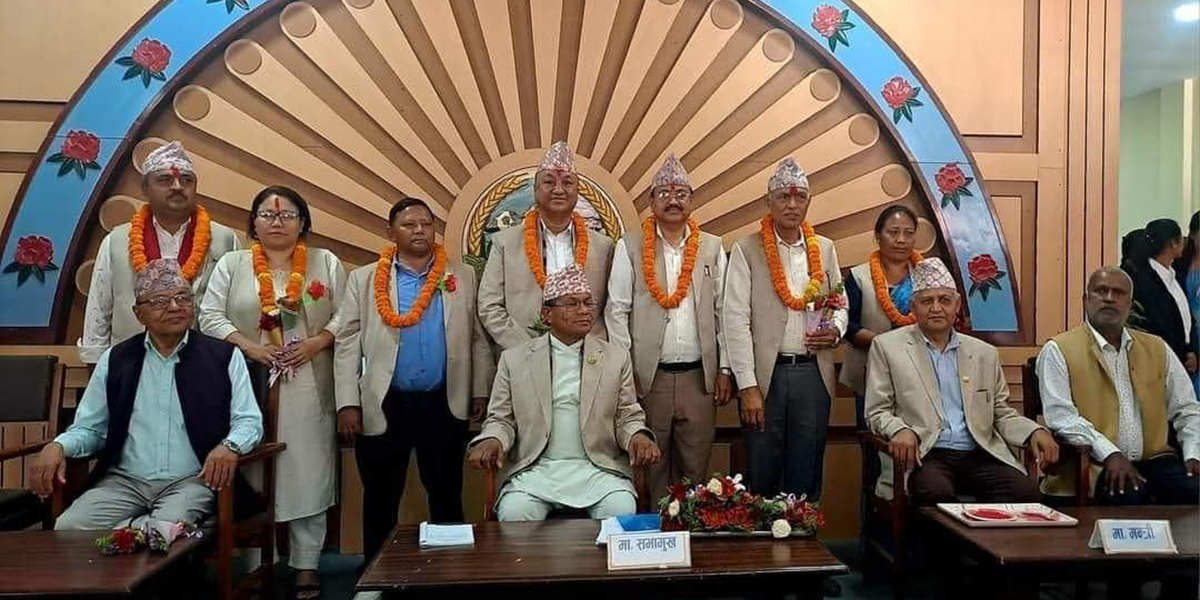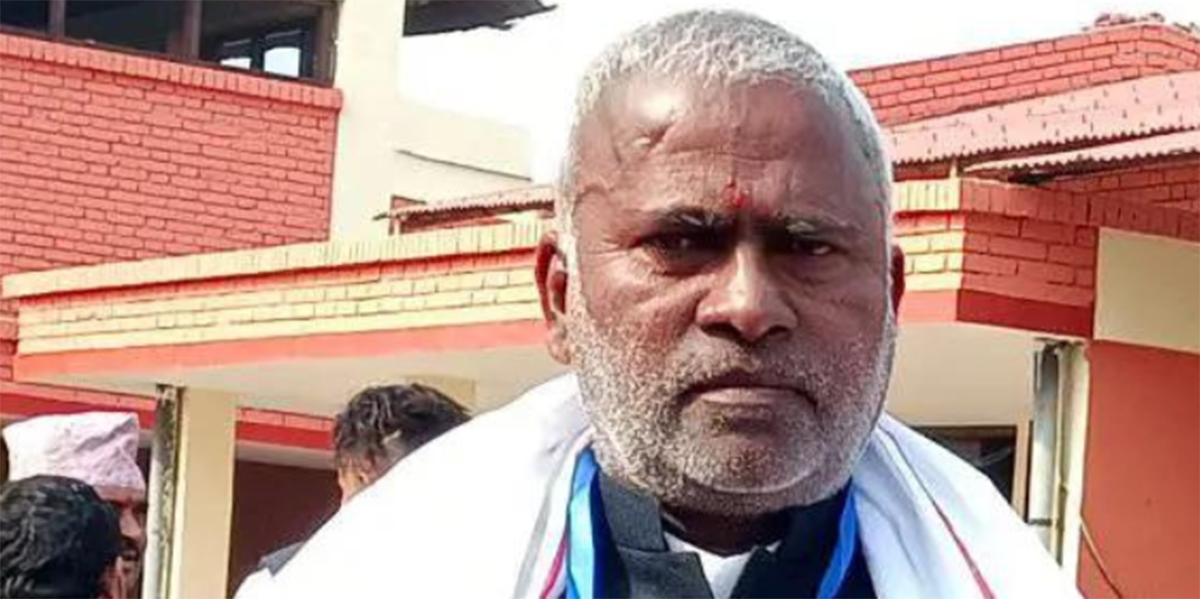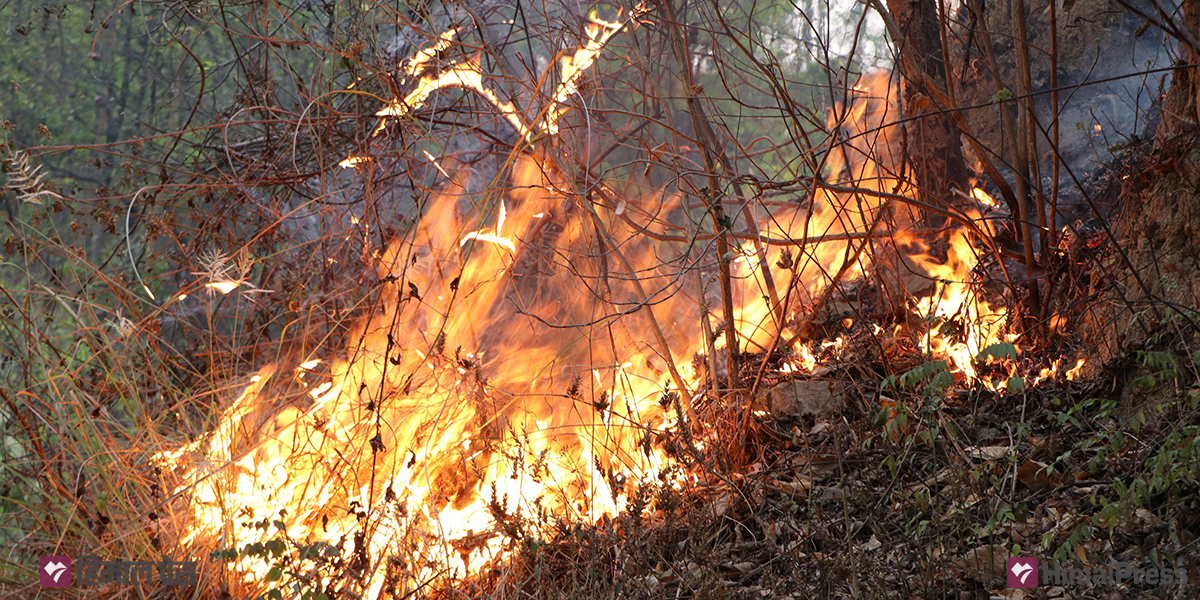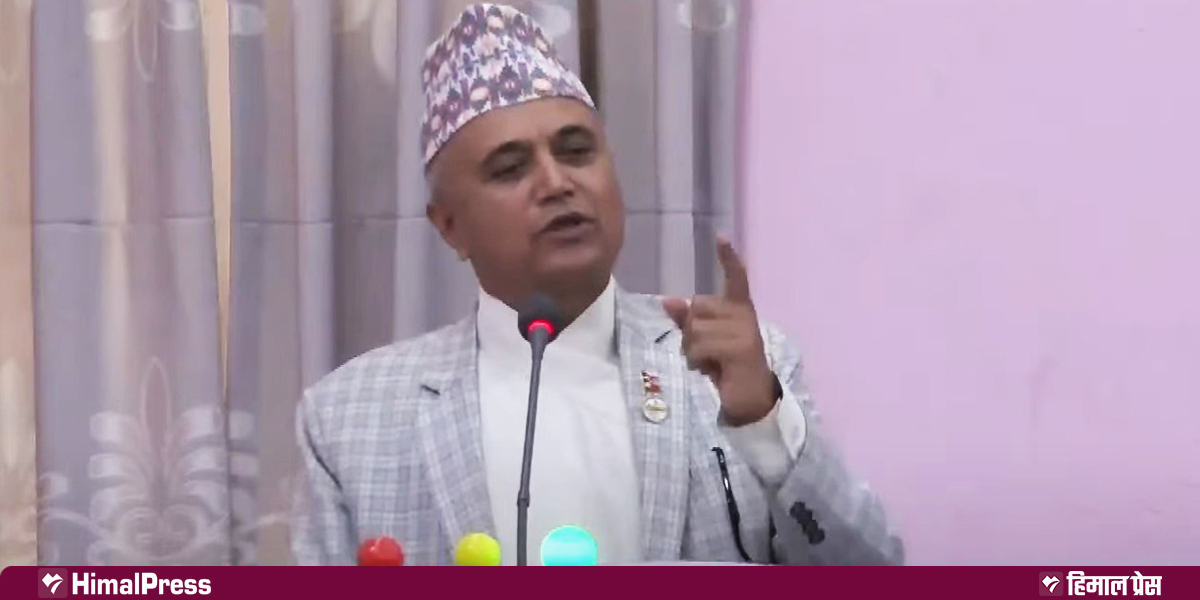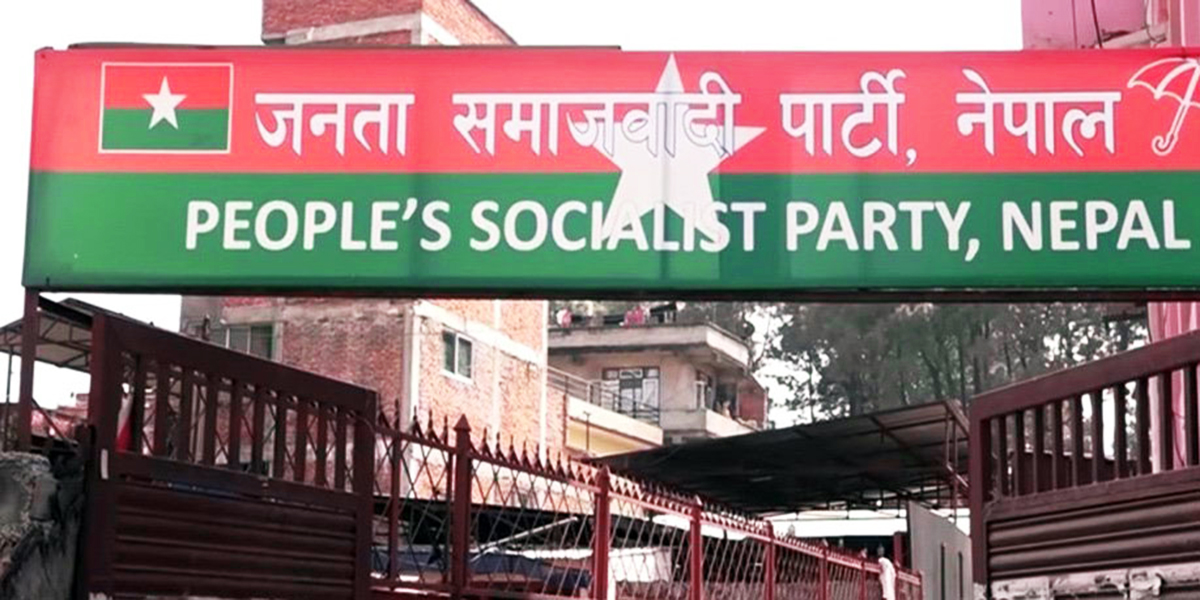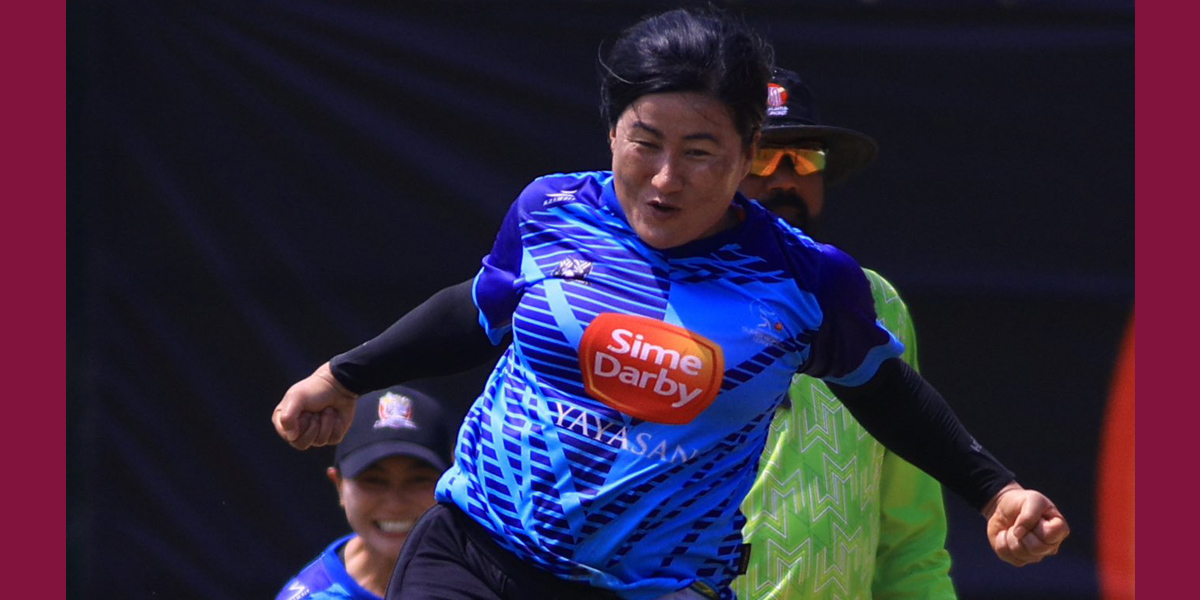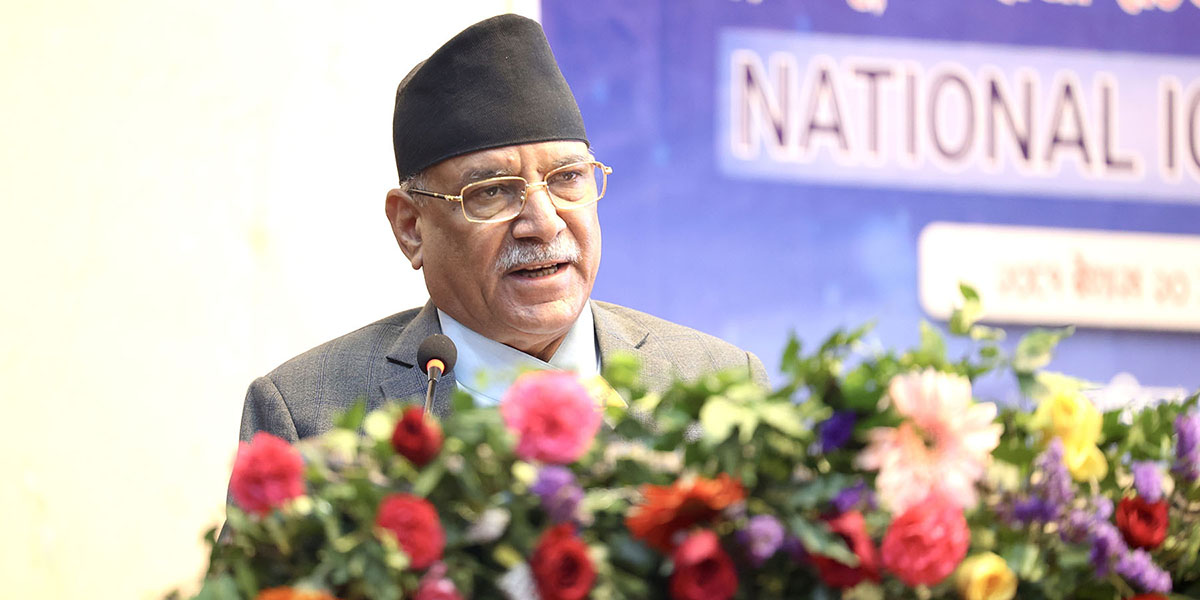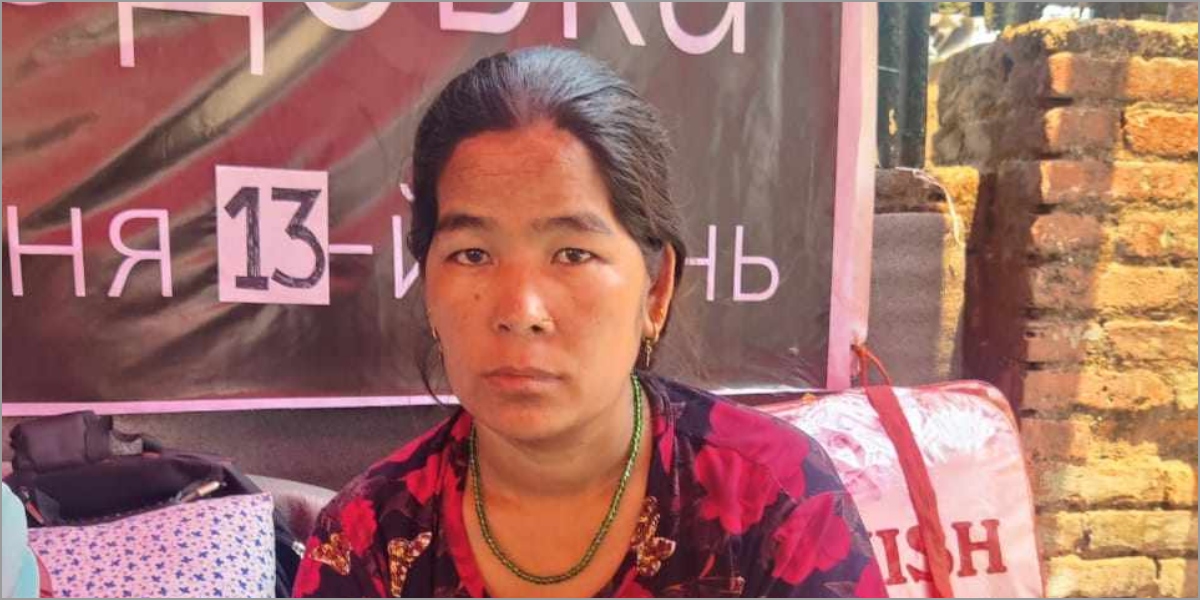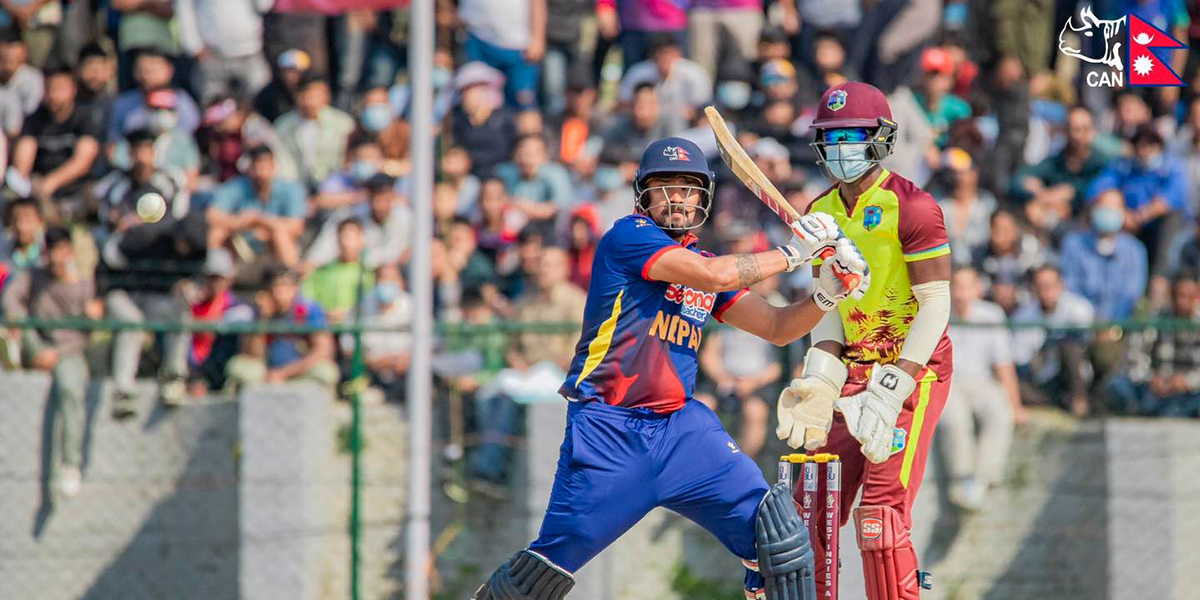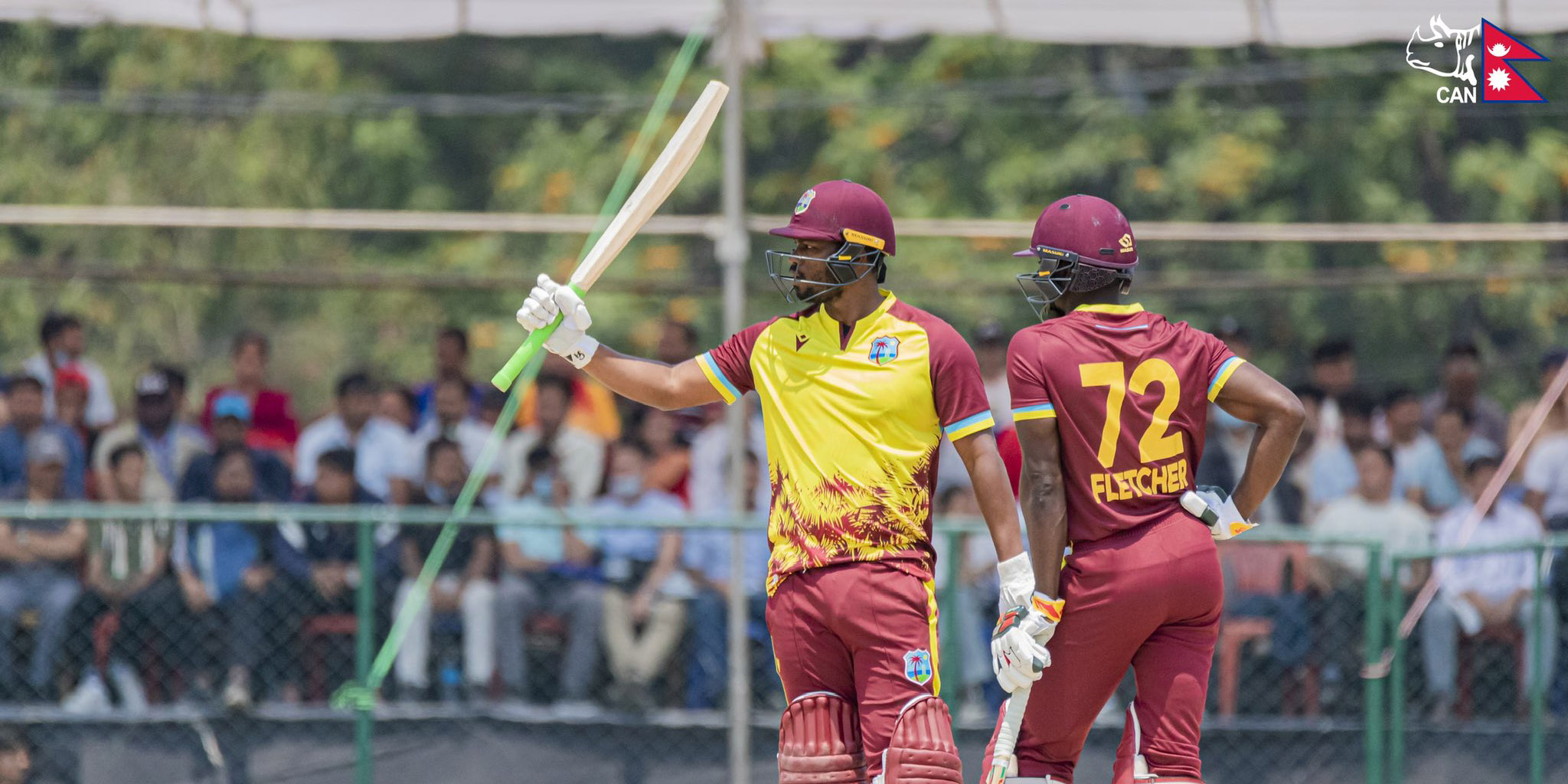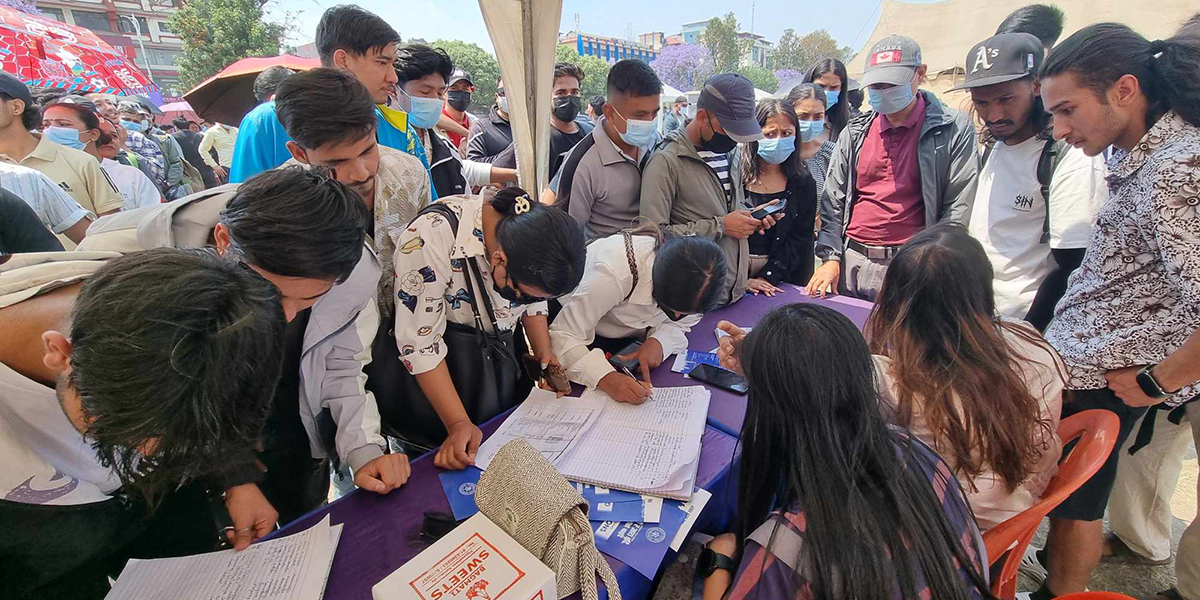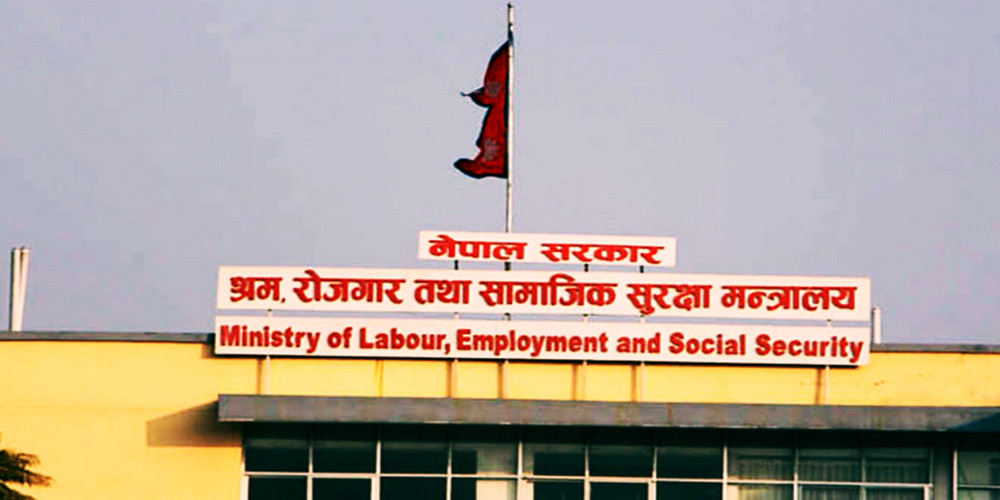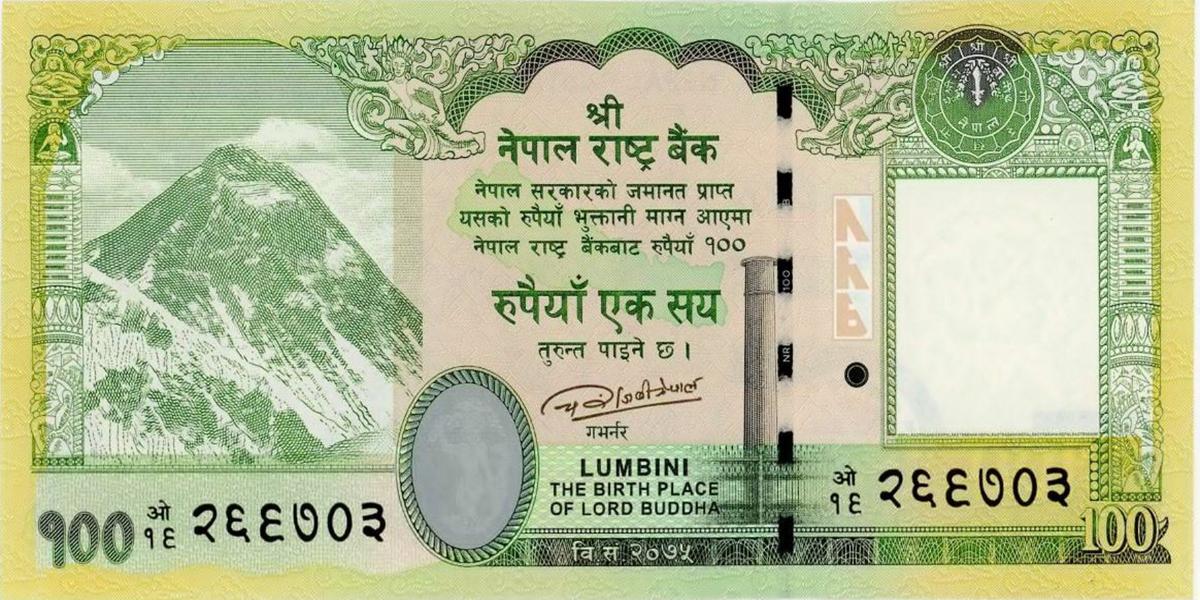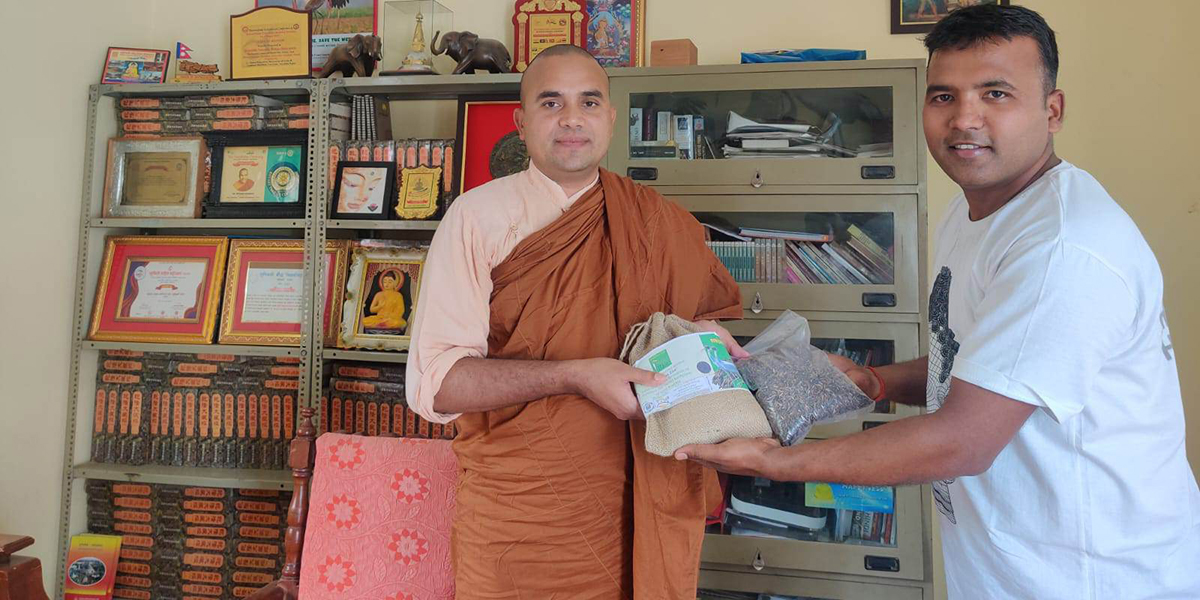 A local youth handing over Kalanamak rice to Lumbini Development Trust Vice Chairman Bhikshu Maittiyea to present as souvenir to the Cambodian Prime Minister as souvenir. (File Photo)
A local youth handing over Kalanamak rice to Lumbini Development Trust Vice Chairman Bhikshu Maittiyea to present as souvenir to the Cambodian Prime Minister as souvenir. (File Photo)
LUMBINI: Vice President of the Lumbini Development Trust, Bhikshu Maitreya (Awadesh Kumar Tripathi), presented a souvenir of Buddha-era ‘Kalanamak’ paddy to the Prime Minister of Cambodia during the International Buddhist Day on May 28.
Kalanamak paddy is regarded as a sacred food grain in Buddhist nations, but this paddy variety indigenous to the birthplace of Buddha is facing extinction.
Historical research has shown that this variety of paddy used to be cultivated in Kapilvastu, the ancient Shakya kingdom. This aromatic rice is considered to have good taste and health benefits. However, due to low return on investment, reduced production, and pest attacks, Kalanamak paddy is on the verge of extinction.
Farmers with small landholdings have stopped cultivating Kalanamak paddy. It is believed that Kalanamak paddy used to be cultivated in Lumbini, Kapilvastu, and Ramgram of Kapilvastu, which were flourishing states in the Buddha-era. This year, the cultivation has been reduced to around 300 hectares only.
Last year, farmers in Kapilvastu and Maharajgunj municipalities, and Mayadevi and Yashodhara rural municipalities, had cultivated Kalanamak paddy variety on 350 hectares of land. These farmers produced 735 tons of Kalanamak paddy. The Agriculture Knowledge Center, Kapilvastu, has estimated the production of Kalanamak paddy to reduce to around 300 tons only.
Out of 83,000 cultivable lands in Kapilvastu, paddy is cultivated in around 72,000 hectares.
“Most of the farmers in Kapilvastu have stopped cultivating Kalanamak paddy. Some farmers with big landholdings are cultivating this paddy variety for household consumption,” said Bhagwan Das Gupta, chief of the Agriculture Division of Kapilvastu Municipality. “Farmers are not interested in this variety because of low productivity.”
As Kalanamak paddy is rich in potassium, protein, fiber, Vitamin B, iron, and antioxidants, it is considered beneficial for health.
Anil Kumar Kanu Baniya, information officer of the Agriculture Knowledge Center, Rupandehi, said Kalanamak paddy has been cultivated in only around 15 hectares. “Until five years ago, it used to be cultivated in 45 hectares. Farmers aren’t attracted to this variety because of low productivity. The variety is facing extinction,” he added.
According to Baniya, many farmers are attracted to hybrid varieties that give better yields. Kalanamak paddy variety becomes ready for harvest only after six months, compared to hybrid varieties, which become ready in less than four months.
Although the Kalanamak variety gives low yields, it fetches nearly three times more price compared to hybrid varieties. Kalanamak rice fetches Rs 200-300 per kg.
Bhikshu Maitreya said the Kalanamak paddy variety has historical importance as this variety used to be transplanted on the Full Moon Day of June during the Buddha-era. “If we can link this variety with the life of Buddha and export it in the international market, we can get a very good price,” he added. “If we succeed in serving this variety to tourists coming to Lumbini, it will support local farmers and also preserve this indigenous variety.”
Local youths like Chandra Pathak and Arjun Kurmi, among others, have initiated a campaign for the promotion of the Kalanamak variety of paddy. For the past four years, Lumbini Agro Tourism and Research Center has been branding Kalanamak paddy and sending it to the market, according to Pathak.
As Kalanamak paddy is rich in potassium, protein, fiber, Vitamin B, iron, and antioxidants, it is considered beneficial for health.
To promote this indigenous variety, the Nepal Agriculture Research Council (NARC) has developed an improved variety of Kalanamak paddy named Suddhodhan Kalanamak.



